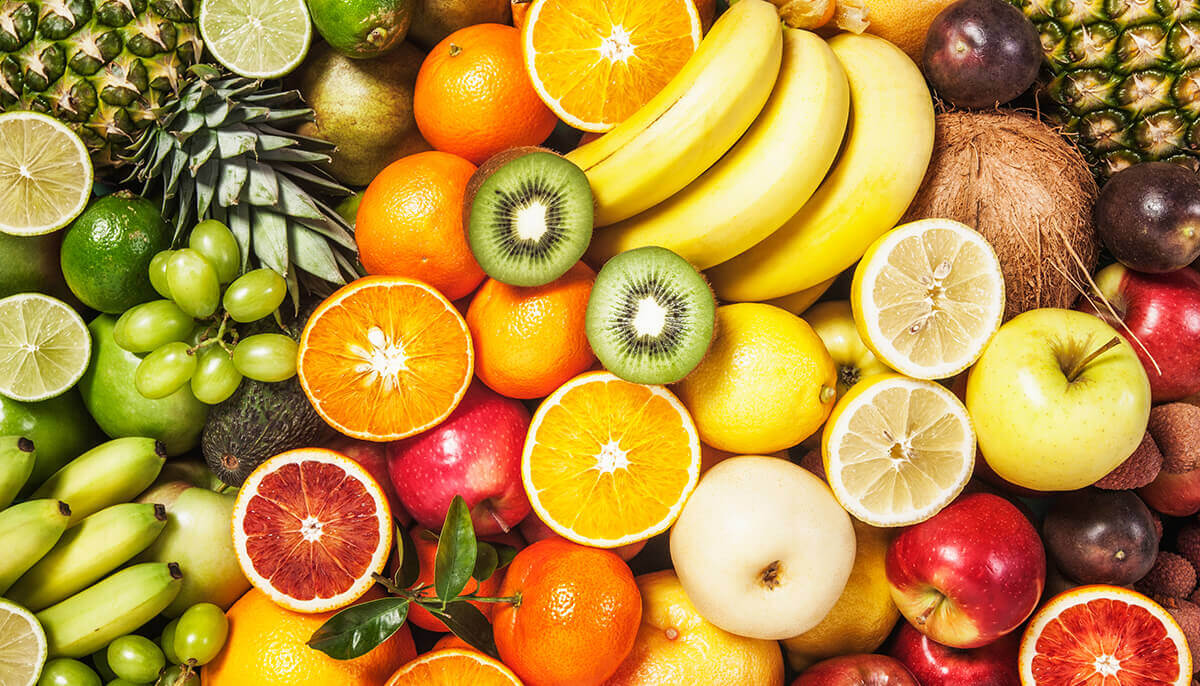
Beating the Heat: Healthy Eating
Beating the Heat: Healthy Eating on Hot Sunny Days
Southern Africa boasts a vibrant culinary landscape, brimming with fresh, locally-sourced ingredients. But when the sun beats down, adapting your diet becomes crucial for staying healthy and energized. This article explores how to make the most of Southern Africa’s bounty while keeping cool and comfortable during those scorching summer days.
Embrace the Power of Hydration
Hydration is paramount. Aim for water as your primary beverage, opting for chilled or room temperature versions. Fruits like watermelon, oranges, and mangoes are naturally hydrating and delicious. Unsweetened iced tea or hibiscus tea (umibhiya in Zulu) are refreshing choices. Avoid sugary drinks and excessive caffeine, which can dehydrate you further.
Lighten Up Your Plate
Opt for lighter meals that are easier to digest. Think fresh salads featuring seasonal vegetables like tomatoes, cucumbers, bell peppers, and leafy greens. Locally available protein sources like grilled chicken, fish, or legumes like lentils and beans can be incorporated.
Here are some recipe ideas:
- Tanzanian Kachumbari: A vibrant chopped salad with tomatoes, onions, chilies, and fresh herbs like coriander (dhania) and mint.
- South African Snoek Salad: Flaked snoek (a type of sea fish) tossed with red onion, tomatoes, and a light vinaigrette.
- Zimbabwean Nyama Stew with Vegetables: Lean beef stewed with tomatoes, onions, carrots, and green beans. Serve with a side of steamed maize (Sadza).
The Magic of Melons
Watermelon (madihwa in Shona) is a quintessential summer fruit in Southern Africa. Packed with water and electrolytes, it’s a natural hydrator and source of vitamins and antioxidants. Enjoy it sliced, cubed, or even blended into a refreshing smoothie. Cantaloupe (sweet melon) and honeydew melon are other excellent choices.
Harness the Power of Plants
Southern Africa offers a diverse array of indigenous vegetables perfectly suited for hot weather. Leafy greens like spinach (murenge) and pumpkin leaves (dele) are rich in vitamins and minerals. Don’t forget vegetables like sweet potatoes (impwa), butternut squash (ibhobhothi), and okra (delicacy okra/mikolo), all excellent sources of fiber and essential nutrients.
Here are some recipe ideas:
- South African Chakalaka: A spicy vegetable relish made with carrots, peppers, onions, and spices. Enjoy it as a side dish or condiment.
- Botswana Seswaa: Shredded dried beef stewed with spinach and tomatoes.
- Mozambican Matapa: A creamy cashew nut and cassava leaf stew, perfect with rice or pap.
Fruits: Nature’s Candy
Fresh fruits are a fantastic way to satisfy your sweet tooth while staying cool. Local favourites like mangoes, guavas, pawpaws (papaya), and litchis are packed with vitamins, minerals, and antioxidants. Enjoy them whole, sliced in salads, or blended into smoothies.
- Pro-Tip: Freeze grapes or berries for a refreshing, healthy snack perfect for hot days.
Spice Up Your Life (Strategically)
While some hot spices can raise your body temperature, others like fresh ginger and mint can have a cooling effect. Use these strategically in your cooking for a touch of flavour without overheating yourself.
Limit Deep-Fried Foods
Fried foods are heavy and can be taxing on your digestive system in hot weather. Opt for grilling, baking, or pan-frying instead.
Don’t Skip Breakfast
Starting your day with a light and nutritious breakfast helps regulate your blood sugar and keeps you energized throughout the morning. Opt for fruits, yogurt with granola, or whole-wheat toast with avocado.
Listen to Your Body
Pay attention to your body’s hunger cues. You might find yourself needing to eat smaller meals more frequently during hot weather.
By following these tips and embracing the bounty of Southern Africa’s local produce, you can enjoy healthy, delicious meals that keep you cool, comfortable, and energized all summer long.



